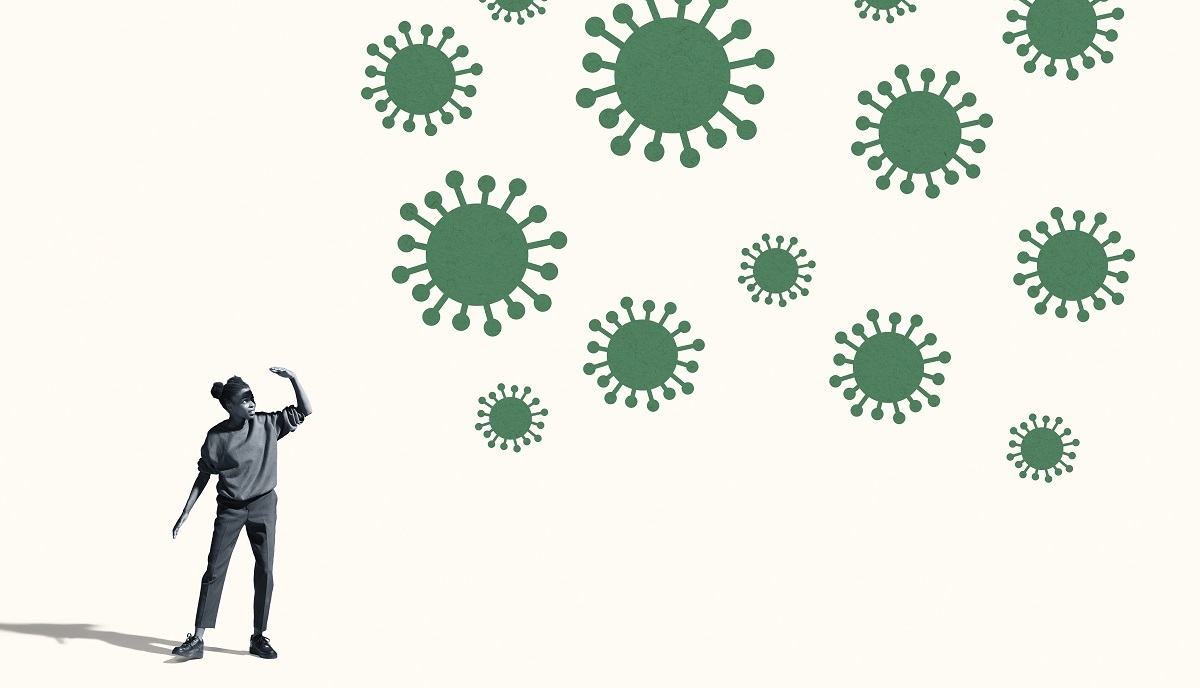Illinois health officials issued a "health alert" Thursday to hospitals, long-term care centers and other health care facilities recommending increased "mitigation efforts" as respiratory viruses increase in the state.
The recommendations include things like increased masking and screening, particularly for areas where more vulnerable patients are being treated.
The updated alert comes as the number of counties listed at a "high" COVID hospitalization level doubled from five to 10 in the last week, with another 41 counties at a medium level, according to the CDC’s national COVID Data Tracker.
The state saw hospitalizations for COVID-19 alone jump 22% over the previous week, with 1,225 new hospitalizations reported.
Feeling out of the loop? We'll catch you up on the Chicago news you need to know. Sign up for the weekly Chicago Catch-Up newsletter here.
On top of COVID, health officials noted that "RSV is causing a heavy burden of pediatric hospitalizations and the percent of lab tests that are positive for RSV have been rising for 10 consecutive weeks."
The department said that while COVID is behind the largest number of hospitalizations when it comes to respiratory viruses, flu and RSV are also playing a role.
“With the alarming rise in respiratory viruses we are seeing across the state and the country, IDPH is recommending healthcare facilities take precautions to reduce the spread of these viruses and protect their patients, staffs and visitors,” IDPH Director Dr. Sameer Vohra said in a statement. “We are most concerned with healthcare facilities in counties with elevated respiratory virus transmission and hospitalization levels and recommend masking in patient care areas, especially in emergency departments and areas caring for patients who are immunocompromised.”
According to IDPH, hospitals and health care facilities are being told to follow CDC guidance and implement "facility-wide masking in counties that have high levels of COVID-19 hospitalizations.
"In addition, in counties with increased incidence of respiratory illness in the community, hospitals are advised to screen staff and visitors for symptoms of respiratory viruses; to remind visitors entering patient rooms about hand hygiene and cough etiquette; and to encourage those with respiratory symptoms (such as fever, cough or sore throat) to defer non-urgent hospital visits and get tested for respiratory viruses before in-person visits or use telehealth services if possible," the department said.
Last week, illinois launched a new surveillance dashboard that allows people to track weekly updates on hospital visits, seasonal trends and lab test positivity.




